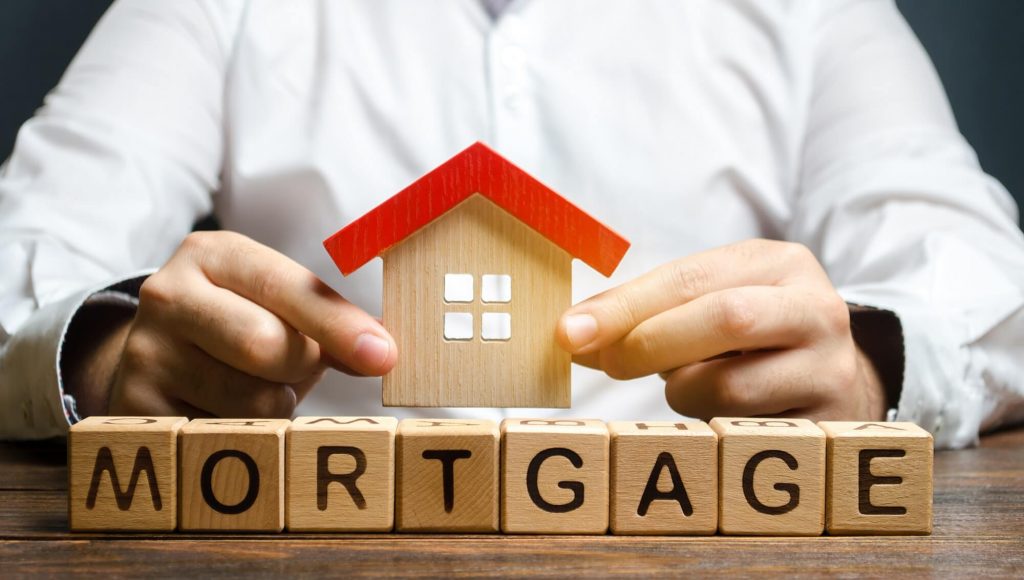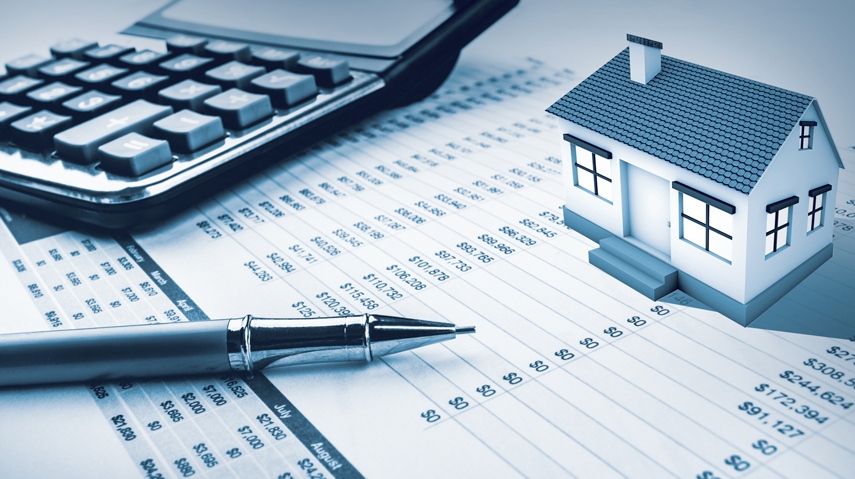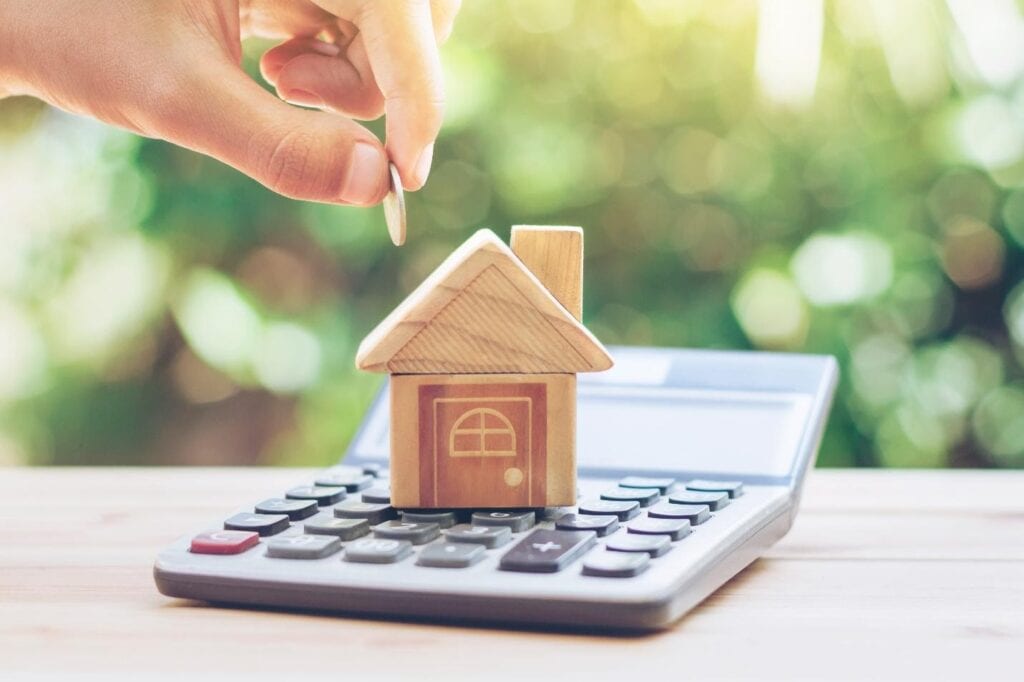Taking out a mortgage is one of the biggest financial decisions that many people will make in their lives. The most common home mortgage loan runs for 30 years. This means that if you just make the minimum payments, you’ll be paying to own your home for the next three decades! Naturally, this is a pretty discouraging scenario for prospective homeowners. But if armed with the right information, it doesn’t have to be such an intimidating undertaking. Let’s look at what you need to know before choosing a mortgage.
No Two Mortgages Are the Same
How much you pay for your home will depend on a variety of factors. The most important factor is the cost of the home itself, i.e., the asking price. However, the second most important factor is your mortgage. You can get mortgages through various lenders, who will base your mortgage payments and interest rates on different factors, including your income level and credit score. When figuring how much you can offer for a new home, you must calculate what percentage of your income you can afford towards mortgage payments. The more income you can put toward your mortgage, the lower your interest rates will be.
Shop around for a mortgage, as some lenders offer better interest rates than others. Get quotes from three or four lenders to best understand what’s available. If you can’t find a mortgage that suits your needs and circumstances, you may be better off waiting and meanwhile continue to build up the down-payment. Perhaps this way, with a larger initial sum, you can get a better interest rate (or a lower price) in the future. Just remember to keep in mind that the housing market fluctuates.

Interest Rates Can Depend on Factors Outside Your Control
While you have some degree of control over your income and credit score, you do not have control over larger market forces and economic factors. Generally, mortgage interest rates rise when unemployment is low, and the economy is growing. This is due to supply and demand. In a growing economy, more people are able to afford a mortgage. Alternatively, mortgage rates fall when the economy is in a steady decline and more people are out of work. For example, the COVID-19 crisis has caused mortgage rates to drop in 2020.
You Can Have a Second Charge Mortgage
If you’ve already taken out a mortgage, but need extra money for home improvements or to pay off debts, you can obtain a 2nd charge mortgage. This is like taking out another loan on the same property. Interest rates may be higher than those of the first mortgage, but they can still be relatively low if your credit score is good. Second-charge mortgages are also known as secured loans and usually require additional paperwork.
Keep in mind however that you are taking on more debt with a second-charge mortgage, and it may affect your ability to borrow in the future. You must make sure that you can afford the additional payments before taking on more debt. Furthermore, if you default on your loan and are unable to repay it, your lender could take away your home.
You Can Save Money by Preparing for a Mortgage
As you probably know, interest rates are one of the most important aspects of a mortgage for prospective homeowners. With a higher interest rate, you will end up paying thousands of dollars more for your home. Thus, you should do everything in your power to prepare ahead of time and secure a lower interest rate.
How to Prepare for a Mortgage
What can you do to get a better mortgage rate? First, make sure that you can afford a mortgage. If you’re living paycheck to paycheck, now may not be the best time to take out a mortgage. Second, make sure that you have a sizeable down-payment set aside for your loan. Typically, you will need to put down at least 20% upfront to ensure that you get the best possible interest rate.

Finally, make sure that you have enough income to pay for a short-term loan. If you agree to a 30-year mortgage, your interest rate will be higher, and you’ll end up paying way more money over the course of your loan. However, if you can make much larger monthly payments, you could negotiate a short-term mortgage and pay it off in as little as 5 years. While your monthly minimum payment will be significantly higher, your interest rate could be significantly lower, saving you thousands of dollars. There are benefits and risks to doing so, one risk being the loss of tax deduction on interest paid.
You Don’t Own a Home Until the Mortgage Is Paid in Full
This may sound obvious, but many people consider themselves to be “homeowners” as soon as they sign the mortgage contract and get the keys to the new home. Unfortunately, this is technically not the case. When you take out a mortgage, your lender fronts the money for the home, paying the full amount to the seller. If home sellers still have a mortgage, they’ll need to make sure that they owe less than what the house is worth before selling.
As the home buyer, you make payments to the lender until you’ve paid the full amount for the home — plus interest. So, until you’ve made your final mortgage payment, you don’t actually own the home; the bank does. This also means that if you cannot keep up with your mortgage payments, you may lose possession of the home. If you find yourself in this situation, be sure to contact your lender to see if you can refinance your mortgage under better terms.
Right now, the market can be tricky. Hopefully with this information you can examine your finances for a better picture of how much you can afford when buying a house.






